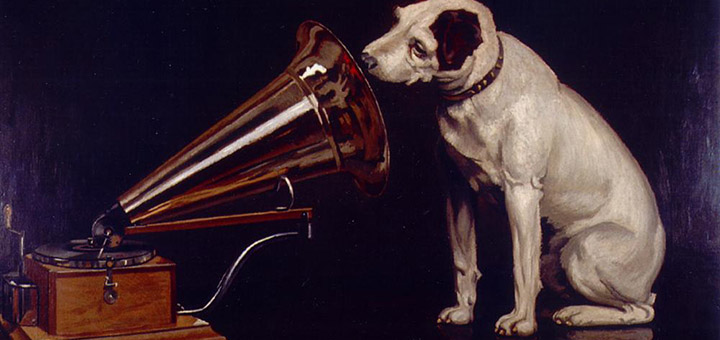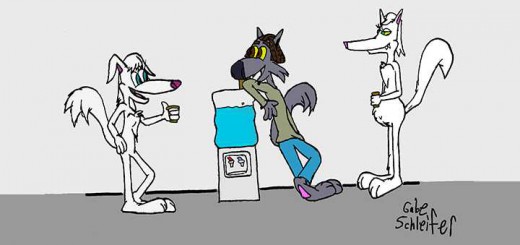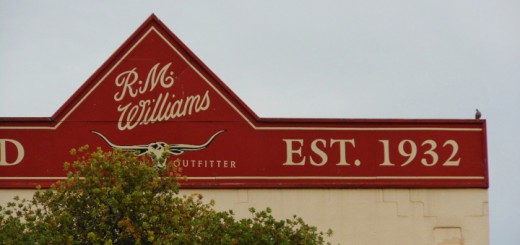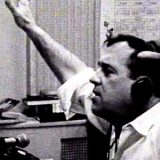How Podcasters Can Share In The Dough-Re-Me
 In a previous post, I described the almost impossible dance steps podcasters have to execute in order to play copyrighted music. While I endorse the music industry’s efforts to protect the intellectual property of songwriters, performers and record labels the current situation relegates us to second-class citizens by restricting our programming to talk shows. Unlike other web radio services, our music options are little more than public domain recordings, royalty-free music or music available under Creative Commons licenses.
In a previous post, I described the almost impossible dance steps podcasters have to execute in order to play copyrighted music. While I endorse the music industry’s efforts to protect the intellectual property of songwriters, performers and record labels the current situation relegates us to second-class citizens by restricting our programming to talk shows. Unlike other web radio services, our music options are little more than public domain recordings, royalty-free music or music available under Creative Commons licenses.
I’d love to see Pandora make a business out of that.
We all know that putting popular songs in a podcast is an invitation to piracy. Of course, so is putting songs in an Internet stream. Yet the music industry has made accommodations to streamers, accommodations that allow these services to monetize their content. As podcasting becomes a serious industry it’s time to extend that same professional courtesy, and revenue opportunity, to us.
A Viable Podcasting Industry Requires Equal Opportunities
Based on restrictions imposed on other web radio services, here are some suggestions for bumping us up to first-class music citizens:
- offer podcasters statutory licenses whose costs are commensurate with the amount of music we play;
- limit the number of minutes of songs per podcast, perhaps based on 15-minute increments;
- employ the same repetition restrictions imposed on other web radio services. To prevent a podcaster from playing an entire album over a week or two period, extend the repetition span to weeks or months;
- allow any song to be used as background music as long as 85- or 90-percent of the song is covered by voice or other program material;
- restrict the mention of the songs and/or artists in show notes to make songs invisible to search engines;
- encourage hosting services to use or develop technology that restricts audio bots from crawling podcasts and searching for music.
The music industry could argue that, with tens of thousands of podcasts archived on the web, eventually every song ever recorded would wind up available for free downloading. But, honestly, how much time would you spend searching thousands of podcasts to steal a song when that same song is most likely available on YouTube?
Our Voices Need to Be Heard
So how we get our message across? Do we solicit the National Association of Broadcasters’ help, since as traditional radio stations move deeper into podcasts they will have the same music-licensing problems we have? Do we form an industry organization similar to the NAB to carry our message to Washington?
What’s your idea? What restrictions would you agree to in order to play copyrighted recorded music in your podcasts? What’s the best way to convince Congress, the music industry or both to allow podcasting to compete with other web radio services where music is concerned?
Share your comments here and let’s get a something started.









I get clearance and completely understand why the music business does it this way…which is why I do the show that I do. I have been in this industry for 21 years professionally from just about every side of it – both creative and corporate. Music licensing and rights & clearances is a huge part of how music copyright owners eat and stay in business, and podcasters wouldn’t be able to pay enough money out for those rights like radio and TV can. Not to mention the 60+ years of pull that radio and TV networks have with music copyright owners; something podcasters don’t have. As with any situation in life, the rookies/new kids on the block must earn respect — and a decade in existence isn’t enough time to ask for the same respect radio & TV garner from record labels and the public at large. It’s not about piracy or free downloads, it’s about music licensing revenues…which is why every streaming service has a deal/contract with each of the “Big 3” record labels/publishers.
Thanks for the comment. You make some great points, including that artists, composers and record companies deserve to make a living. I agree. I’m also willing to pay for licenses. What confounds me is that if, instead of a podcast, I started an Internet radio station with disc jockeys, getting licensed to use copyrighted music would be a matter of signing some contracts and paying the licensing fees. But, as a podcaster, I can’t do that. I have to negotiate every song individually. Yes, podcasting is a nacent industry, but so is Internet radio. There are thousands of small Internet radio station operators who can play music that, from a practical standpoint, is impossible for me to play. Yes, podcasting has to earn respect, and I believe that will happen sooner rather than later. With the big kids like iHeartMedia moving into podcasting I’m sure the situation will get resolved. I only hope the new kids get a voice in the resolution.